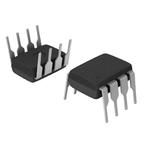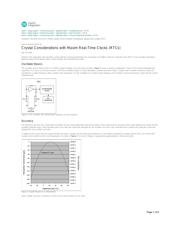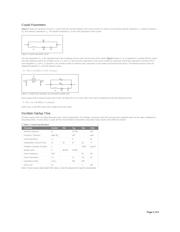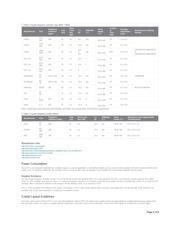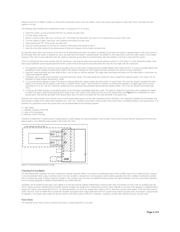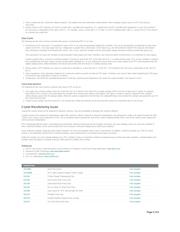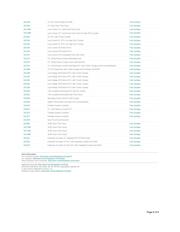下载

Maxim > Design Support > Technical Documents > Application Notes > Embedded Security > APP 58
Maxim > Design Support > Technical Documents > Application Notes > Real-Time Clocks > APP 58
Maxim > Design Support > Technical Documents > Application Notes > Time and Temperature Recorders > APP 58
Keywords: real-time clock (RTC), 32kHz crystal, Pierce oscillator, timekeeping, elapsed time counter (ETC)
APPLICATION NOTE 58
Crystal Considerations with Maxim Real-Time Clocks (RTCs)
Mar 29, 2001
Abstract:
This application note
describes crystal selection and layout techniques for connecting a 32,768Hz crystal to a real-time clock (RTC). It also provides information
about oscillator circuit-design criteria, system design, and manufacturing issues.
Oscillator Basics
The oscillator used in Maxim RTCs is a CMOS inverter variation of a Pierce-type oscillator. Figure 1 shows a general configuration. These RTCs include integrated load
capacitors (C
L
1 and C
L
2) and bias resistors. The Pierce oscillator utilizes a crystal operating in parallel-resonance mode. Crystals used in parallel-resonance mode are
specified for a certain frequency with a specific load capacitance. For the oscillator to run at the correct frequency, the oscillator circuit must load the crystal with the correct
capacitive load.
Figure 1. RTC oscillator with internal load capacitors and bias resistors.
Accuracy
The frequency accuracy of a crystal-based oscillator circuit is mainly dependent upon the accuracy of the crystal and the accuracy of the match between the crystal and the
oscillator capacitive load. If the capacitive load is less than the crystal was designed for, the oscillator runs fast. If the capacitive load is greater than what the crystal was
designed for, the oscillator runs slow.
In addition to the errors from the crystal and the load match, crystals vary from their base frequency as the ambient temperature changes. Maxim RTCs use "tuning fork"
crystals, which exhibit an error over temperature, as shown in Figure 2. An error of 20ppm is equivalent to approximately 1 minute per month.
Figure 2. Crystal frequency vs. temperature.
Note: If better accuracy is required, a TCXO such as the DS32kHz can be used.
Page 1 of 6

